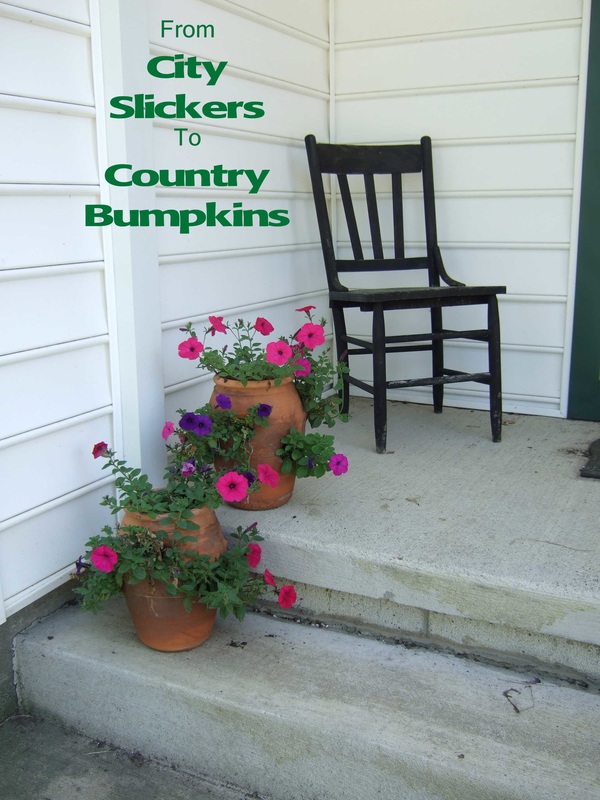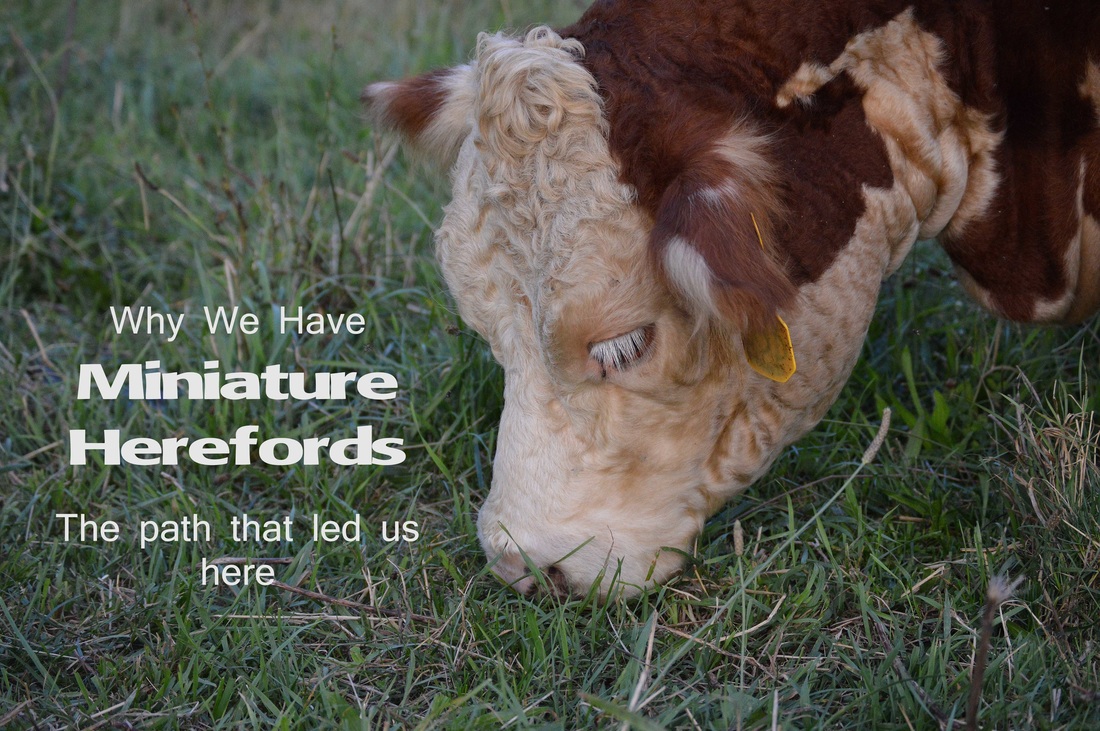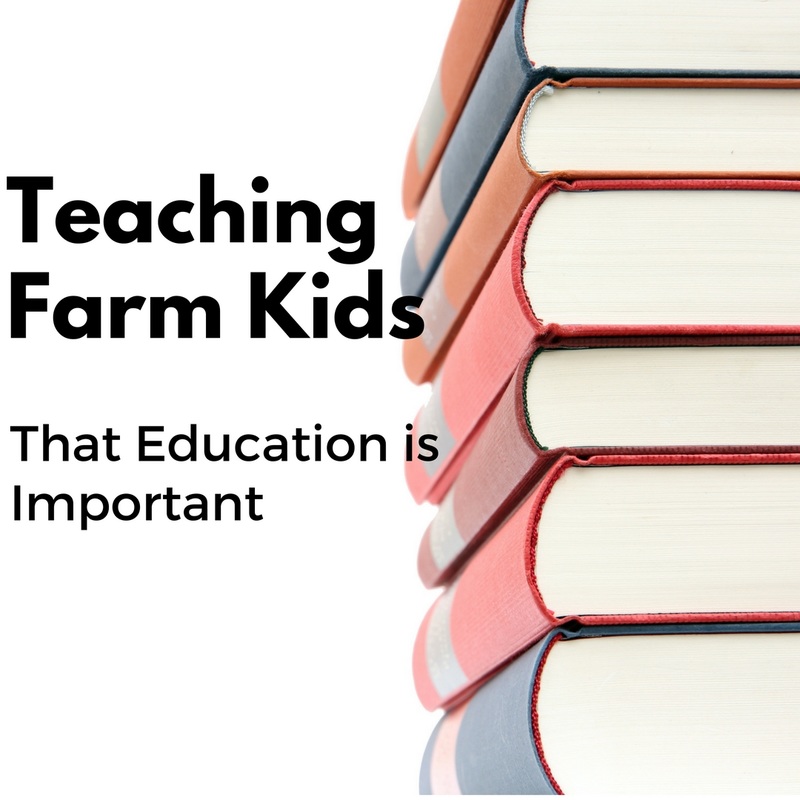|
Some may say that the agricultural community is the foundation of our country. The unseen heroes that work from sun up to sun down providing for their families and the rest of the world. They are the ones with the true grit and determination when everything is against them. From fires and drought to disease and unpredictable financial markets, they never give up. Farmers have a deep founded love for the land that flows into an unwavering love for our country. If you were to ask most people in agriculture, I bet almost all of them would tell you that they got their start in 4-H. For our family, 4-H is where it all started. We live in a rural community so it only made sense that our kids would be a part of the program. What we didn't know is how much it would teach us. We had no idea what we were doing and we had a club and club leaders that held our hands through that first year and taught us what we didn't even know we didn't know. I'll never forget when we were getting ready for the show the first year Isaac was in 4-H. His leader was trying to talk us through the clipping and fitting process and we had a couple of club members that were helping us out. She asked us if we were going to fit the legs. I looked at her and said "what does that mean?" She looked at me and then looked at Bunny and said "well, she doesn't really have much leg hair, so we just won't worry about that right now." It makes us laugh now, as Walker is over in the barn right now using the roto brush on the cow's leg hair. Oh, how far we have come...but it all started with 4-H. The 4-H program began in 1902 in Clark County, Ohio, but the name 4-H wasn't adopted until 1912. It has become the nation's largest organization dedicated to the development of our youth. In the late 1800's, researchers discovered that farmers were pretty set in their ways and were not very open to new ideas. They learned that the younger generation was much more open to new ideas and experimenting, and would then teach their new found knowledge to the older generation. The researchers decided to focus on teaching the youth and developed what we now know as 4-H. The 4-H program is a way to get kids involved in agriculture as well as other hands-on ventures to teach them at an early age. They continue to build on that knowledge and experiences throughout their life. Even if kids participate in 4-H and never continue on in a field related to agriculture, they still have a foundation and understanding of the industry. Kids that raise an animal for the fair are not the ones that think their food comes from the grocery store. They are the ones that know the farmer raised the cow that is now the packaged steak at the grocery store. These are lessons they don't forget as they get older and that they teach to their kids. It is the chain of knowledge that keeps the agricultural industry in the forefront and a topic of conversation around the dining room table. 4-H youth not only learn about agriculture, but they also learn about character. The hard work, learning how to succeed as well as how to learn about disappointment, how to work with people and how to balance financial success and losses are all valuable traits that build character. Anyone that has ever been a part of 4-H has fond memories and cherishes what they learned from the program. Even people from the community recognize the benefits of having youth involved in the program as evidenced by their support at the livestock sales. But, there is far more that our youth learn than meets the eye. Kids learn that they don't get to stop when it gets hard. They don't get to stop until sale day. If you have ever been in the barn on sale day, you have seen the many tears. It's just a hard day, no matter how many years you have been doing it. This teaches our kids that life doesn't always go the way we want it to, but they have to wipe those tears away and move on. You won't see any "safe spaces" on the fairgrounds. Instead, you will see parents and youth coming together, giving hugs, words of encouragement and trying their best to make each other laugh and forget about the tears. It's all a part of the process, but it also teaches our kids about compassion and kindness. They learn how to be there for others in need...a quality the farming community is known for. This isn't something that just happens, but it is learned, shown by example and passed on. The 4-H program teaches the kids about hard work. Whether they are learning to bake a cake or feeding a steer out to market weight, they are experimenting, changing, and trying again until they get everything just right. There are early mornings and late nights with lots of work in the middle. Employers love hiring farm kids because they know they already know how to work. Yes, we know this from experience as our kids have joined the work force. The most common comment we get is "he is such a good worker." You may not be the Harvard grad, but a consistent commitment of hard work will likely take you farther in life that some of the most intellectually minded. Never underestimate the power of hard work. Farmers can have a reputation of being too dumb to be anything else in life. Maybe that was true of farmers in the late 1800's who didn't want to learn or change, but that is not true of today's farmers. Today's farmers are some of the smartest people around. I'll never forget climbing up into that combine with our Great Great Uncle who was well into his 80's. I looked around at all the computers hanging from the ceiling and in every nook and cranny of that cab and couldn't believe he knew how to use it all...and they didn't even have the really high tech stuff. Each generation brings new knowledge and ideas to the table. They take what generations have learned before and keep building, adding technology, science and personal experience. All of this to say, the future of our country lies in our youth. Invest in our youth. Whether it is by being the parent that helps with the 4-H project, to the neighbor that encourages a kid to join the program, or the person that offers a stall in the barn to a kid that lives in the city and doesn't have room for an animal. Maybe you are the business owner who shows up on sale day to buy an animal, rewarding them for reaching the finish line and adding to the college fund. Your support could also be just showing up at the fair to watch a show or stopping to talk to a kid in the barn and letting them teach you what they have learned in their project. There are many ways we can all invest in the future of our youth...because our youth are the future of agriculture. Want to see more?
1 Comment
|
Let's Connect
AuthorHello! I am Heather... the city girl turned mom to manure loving country boys. My husband and I both grew up in the city, but spent weekends visiting grandparents in the country. We are first generation farmers who learn best by almost always doing things the hard way. I hope you enjoy following along with our adventures down on the farm. Archives
March 2024
Categories
All
Popular Posts |
The Cows |
The Family |
Follow Us |
Associations |

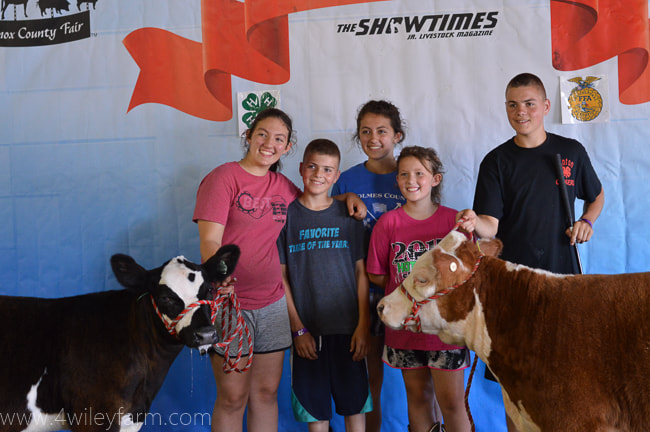
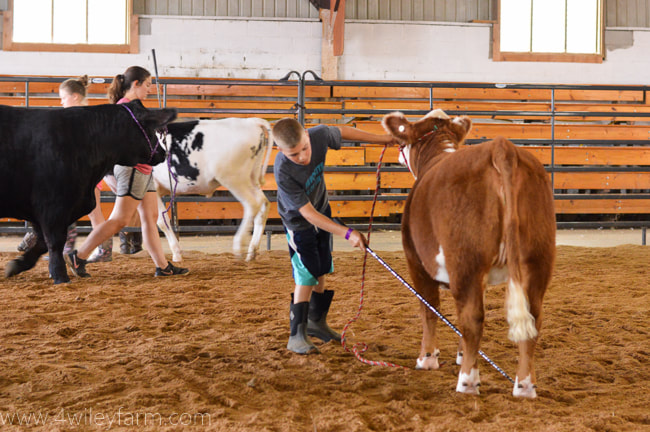
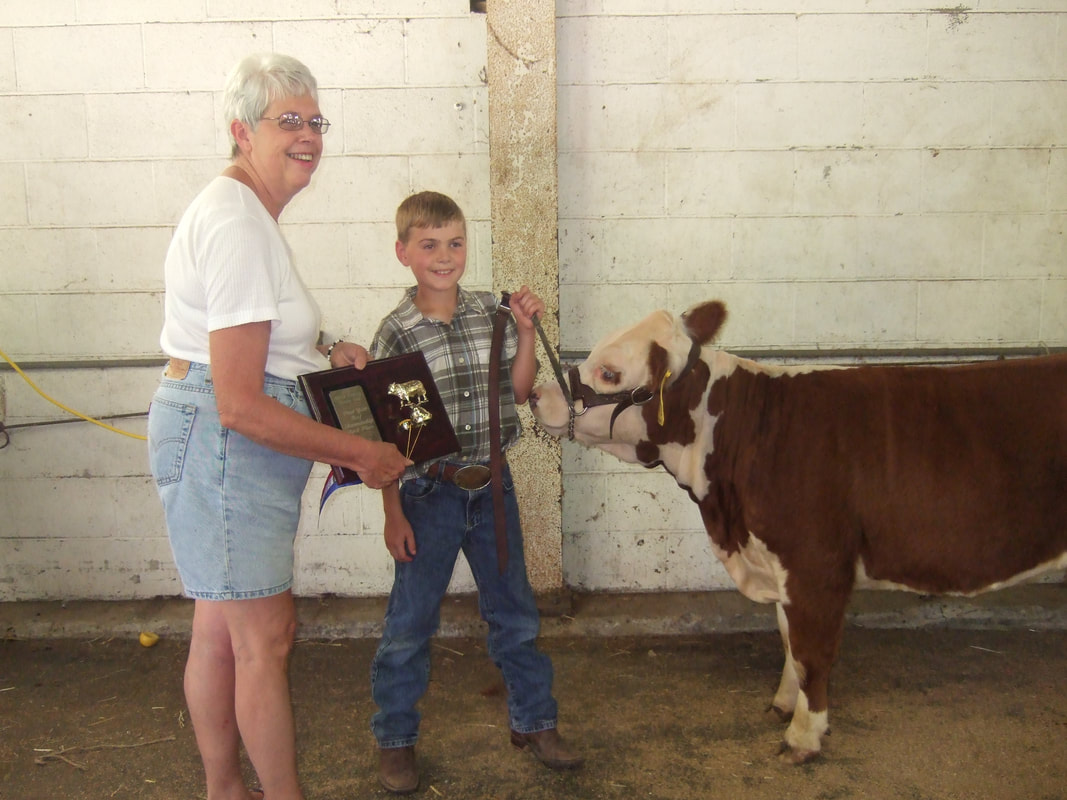
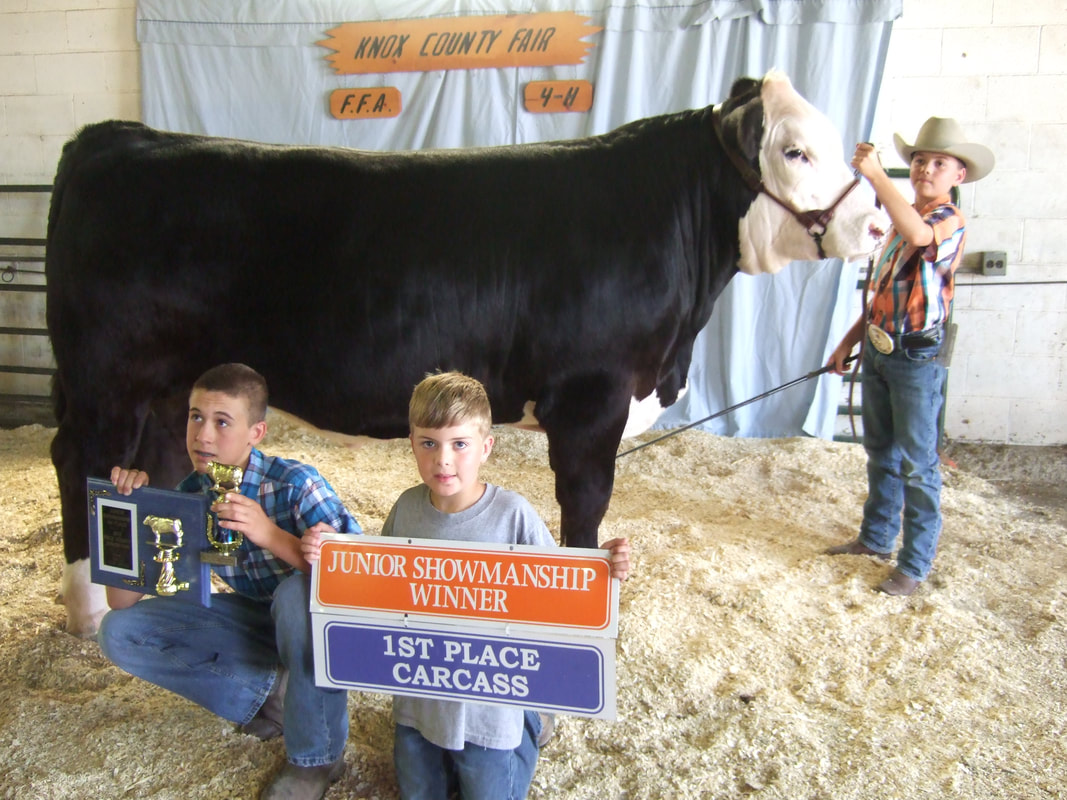
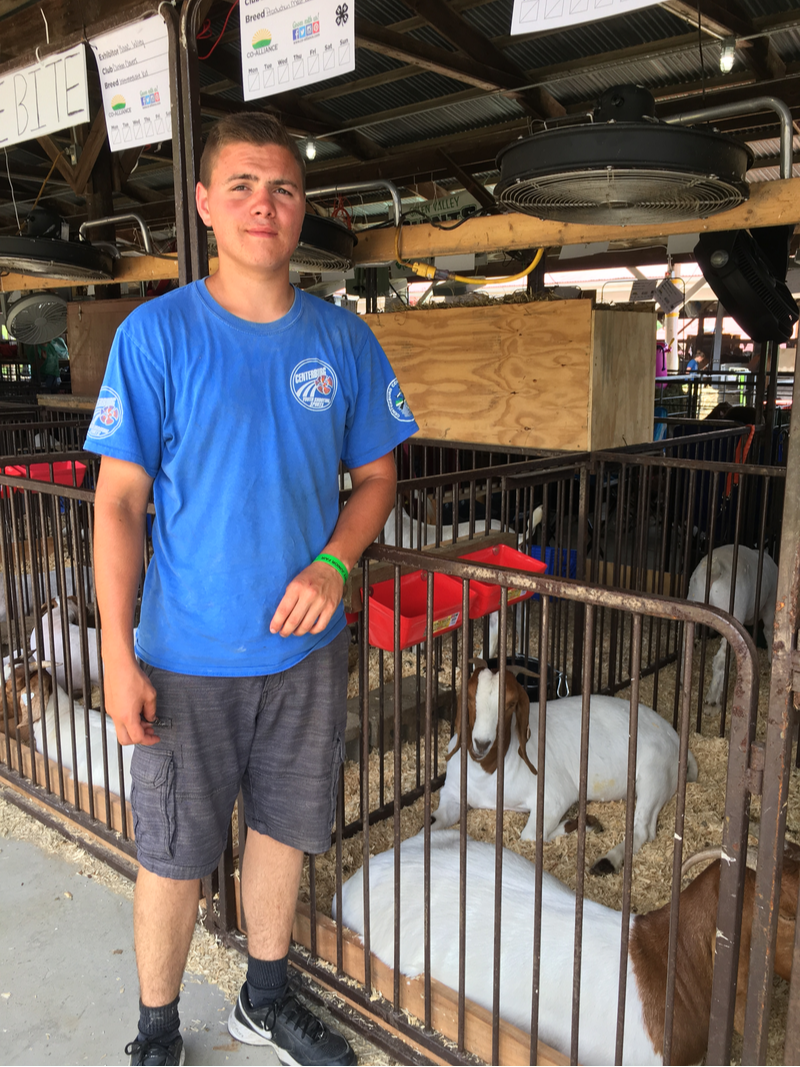
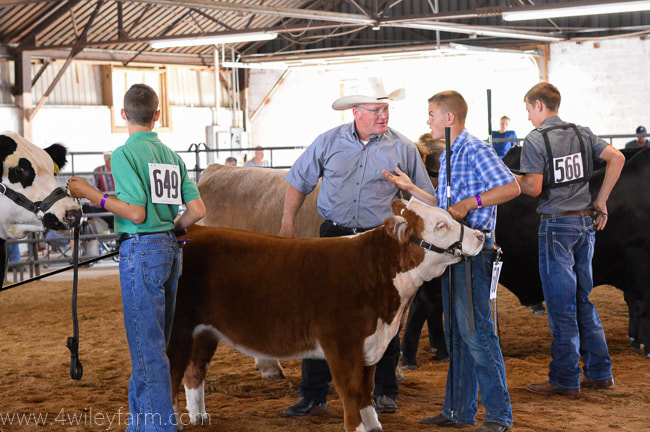
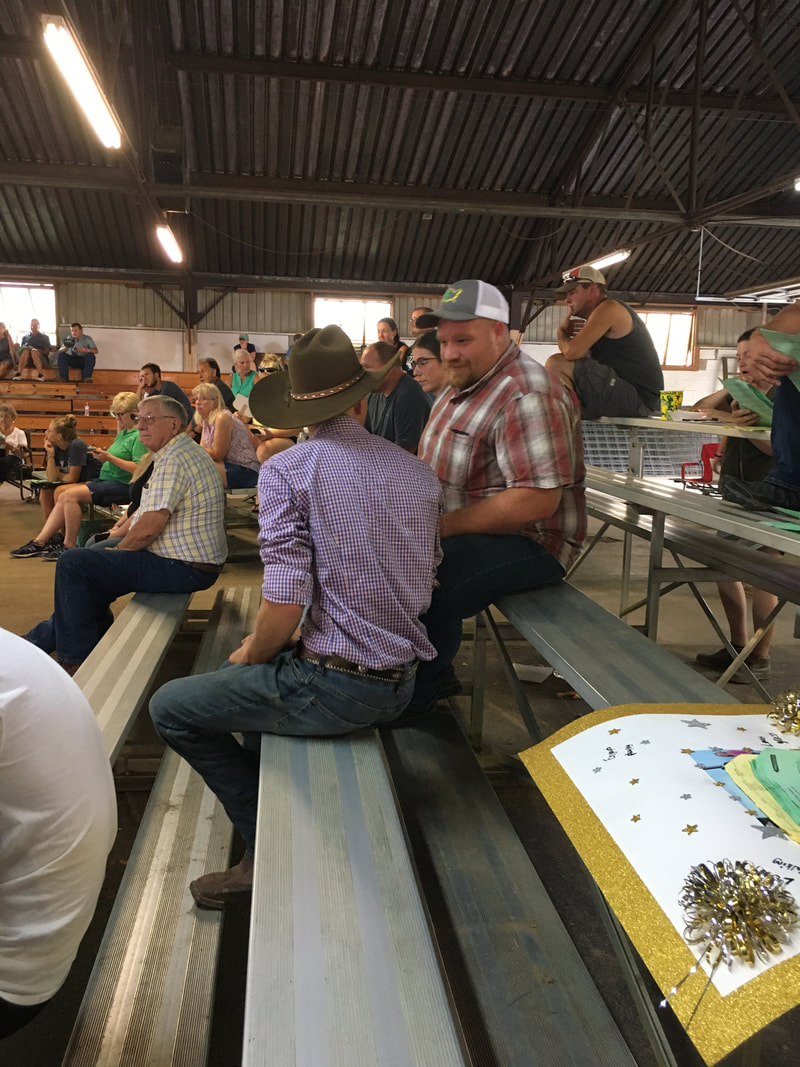
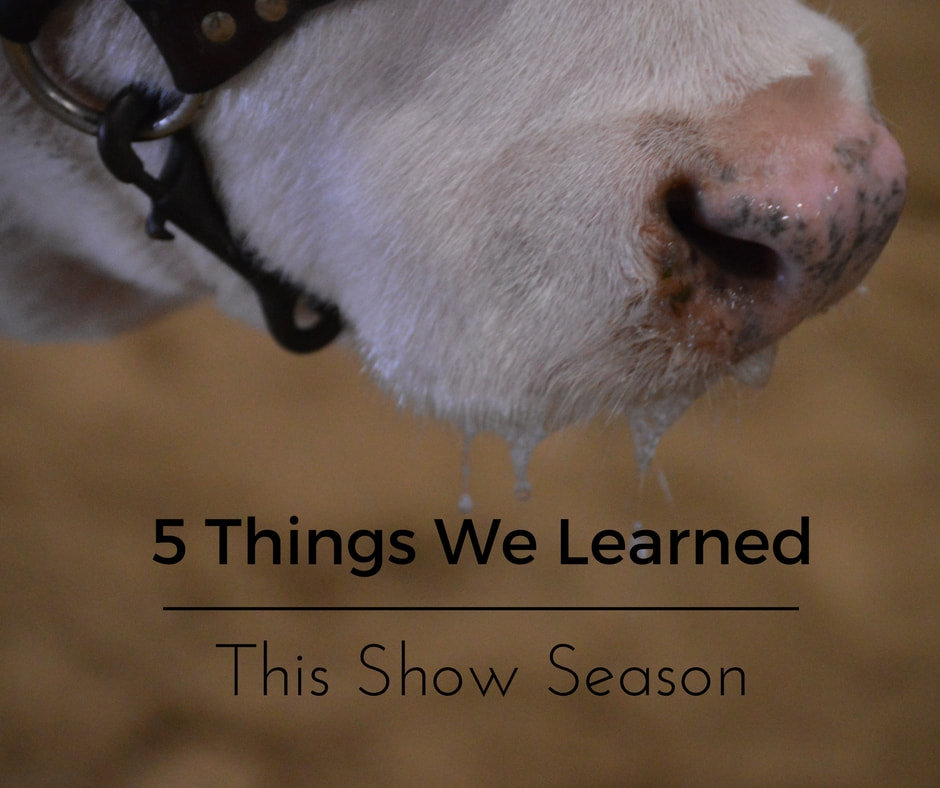
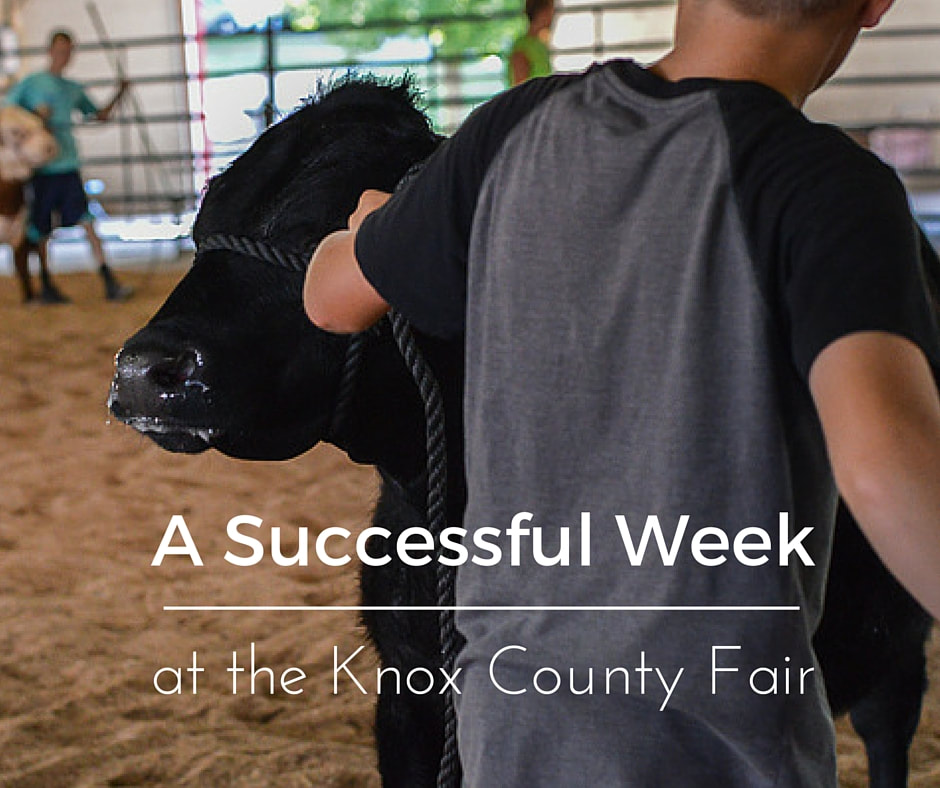
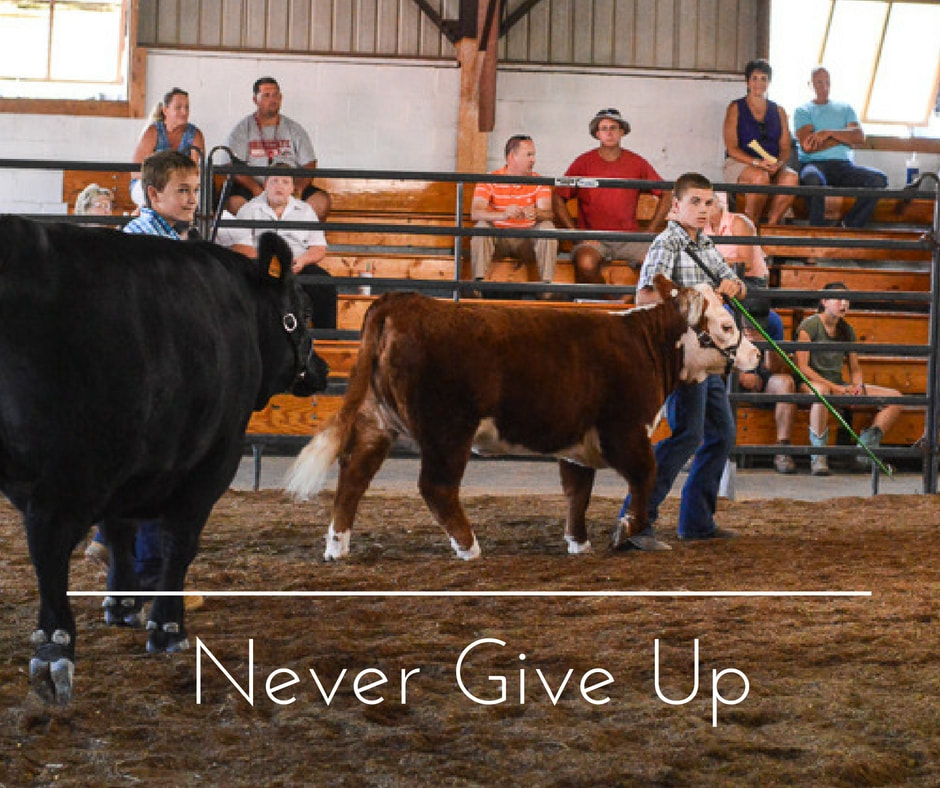
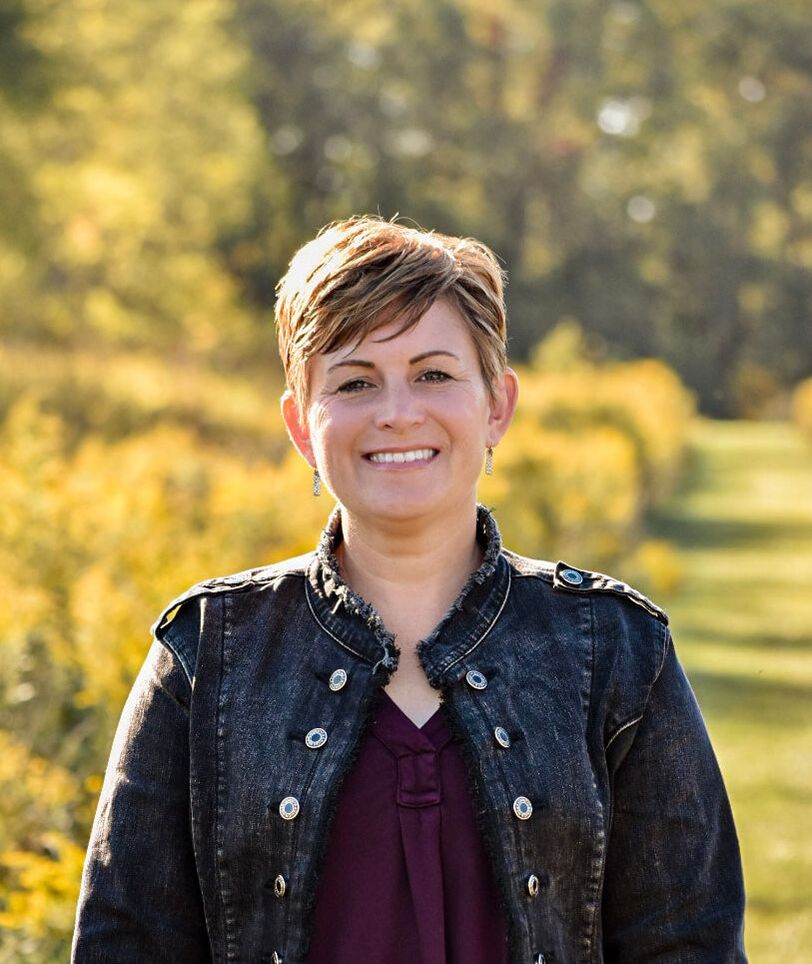
 RSS Feed
RSS Feed
